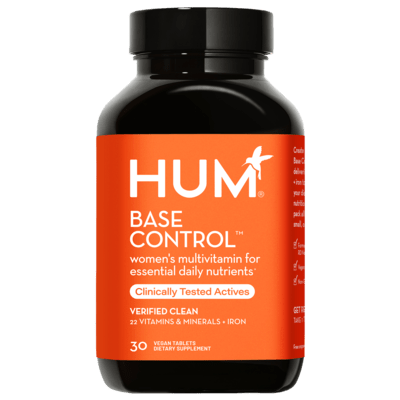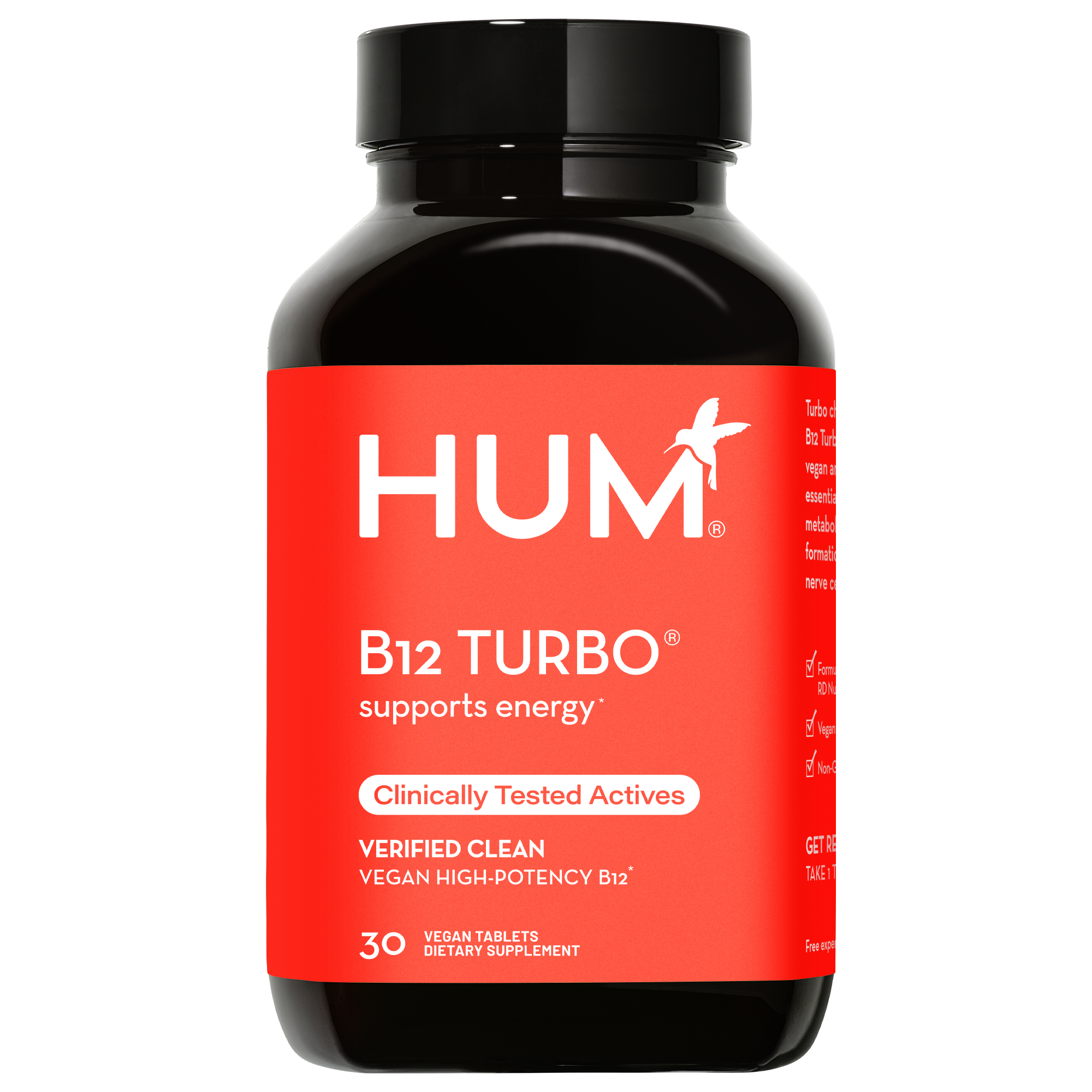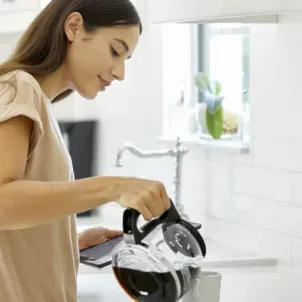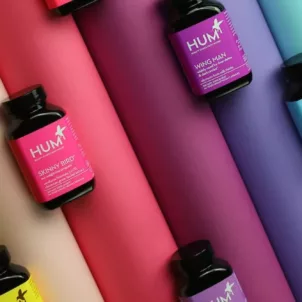Chelsey Amer, MS, RD, CDN, answers a common still mysterious bathroom question: Why is my pee bright yellow?
Your bathroom habits might feel very, well, routine. So if you’ve recently taken a peek after you went to the bathroom and noticed bright yellow pee, it’s normal to be alarmed. As a registered dietitian, I get asked about near-fluorescent, bright yellow pee from concerned clients weekly. But there’s no need to fear—if it’s soon after you started a new supplement routine, your pee can turn a bright yellow hue from certain types of vitamins.
Read on to learn more about what causes bright yellow pee and what normal-colored urine should look like.
Why Is My Pee Bright Yellow?
Your pee may appear bright yellow due to high concentrations of B vitamins through food or supplements. And while it may look concerning, it’s a very common reaction to supplements.
Certain B vitamins, including vitamin B2 (riboflavin) and vitamin B12 (cobalamin), can turn your pee fluorescent yellow or even neon green. If you take HUM’s Base Control, which contains B vitamins, or B12 Turbo, you may notice this change in urine color. You may also notice bright yellow pee during pregnancy, as many prenatal vitamins have B12 and folate in them. It can also occur after drinking protein shakes or meal replacement shakes that are fortified with B vitamins. But keep in mind that most of the time, this color change is harmless.
What Does Bright Yellow Pee Mean?
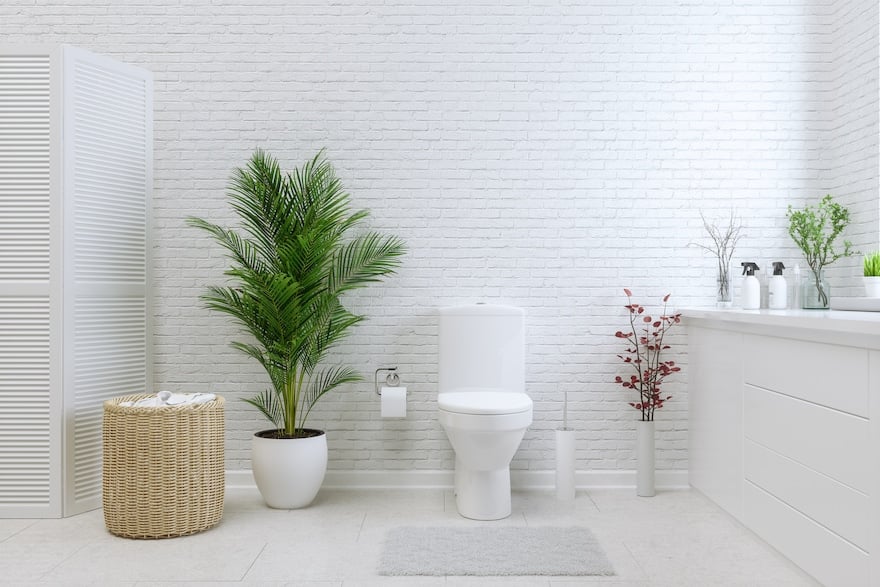
While bright yellow pee might make you think something is wrong, it’s actually a sign that your body has processed the vitamins you took.B vitamins are water-soluble, meaning they dissolve in water, so your body doesn’t store them in your tissues or fat like it does for other vitamins. Your body doesn’t absorb 100 percent of vitamins ingested from supplements or food, so it’ll excrete unabsorbed B vitamins—resulting in bright yellow pee.
For reference, your body can only absorb 27 milligrams of riboflavin at one time. Any amount over that threshold will likely result as an overflow of fluorescent yellow urine. (Fun fact: “flavin” in the vitamin’s name means yellow.)
Regardless of this urine coloring, it’s important to eat foods rich in B vitamins, like eggs, organ meats, and dark green vegetables, and to continue taking your supplements to ensure you consume enough of them daily. B vitamins are essential for many metabolic processes in your body, from energy production to DNA formation. Without B vitamins, you’ll experience difficulties with nutrient digestion and absorption, red blood cell formation, cellular health, infection prevention, and more. Animal foods are rich sources of vitamin B12 specifically which is why it’s crucial for vegans to take a B12 supplement (like HUM Nutrition’s B12 Turbo)
Does Bright Yellow Pee Mean I’m Taking Too Many Supplements?
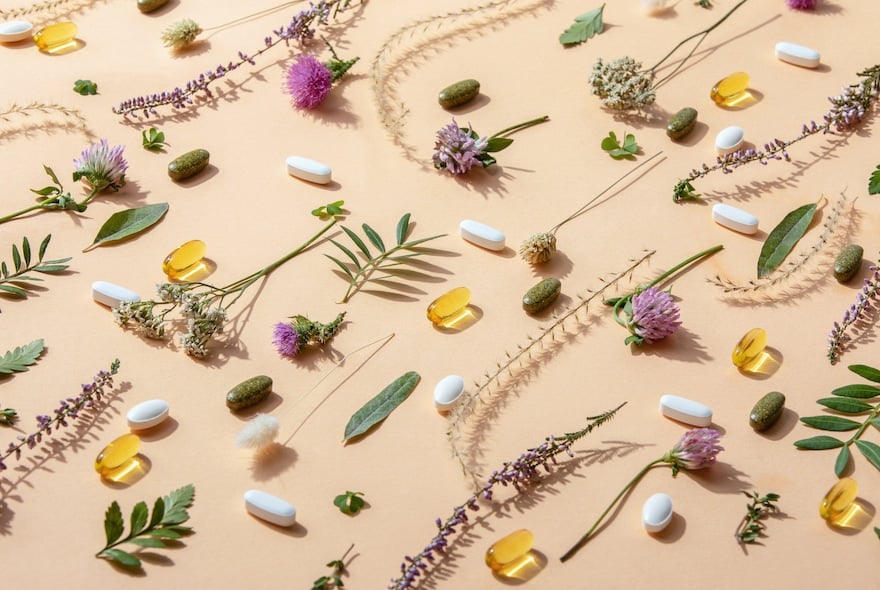
Some individuals experience bright-colored urine from supplements more often than others. It can depend on the specific brand and supplements you take, as well as the absorptive capacity in your intestines.
Now you may be thinking: If I’m excreting excess B vitamins, do I need to take them at all?
But just because your urine appears bright yellow doesn’t mean that you’re excreting all of the vitamins you ingest. Your body takes the amount that it needs, which can change over time based on your diet and other specifics. So don’t skip your supplement, because vitamin B is essential for overall health, including proper nerve function, brain health, and digestive health.
What Color Should Urine Be?

Your urine can range in color from nearly clear to a deep, golden amber color. I suggest checking the toilet bowl often to track the color of your urine to become familiar with your usual color pattern, as it varies from person to person.
Still, keep in mind that it’s perfectly normal for the color of your urine to change throughout the day depending on your hydration level and the foods you eat. If you drink a lot of water, for example, your pee will be more diluted and appear lighter. Generally speaking, most yellow-toned urine is perfectly normal. That means bright yellow pee is not a cause for concern.
However, if your urine appears brown, pink, or red—or if you’re concerned about your urine’s appearance—consult your physician.
Other Factors that Impact Urine Color
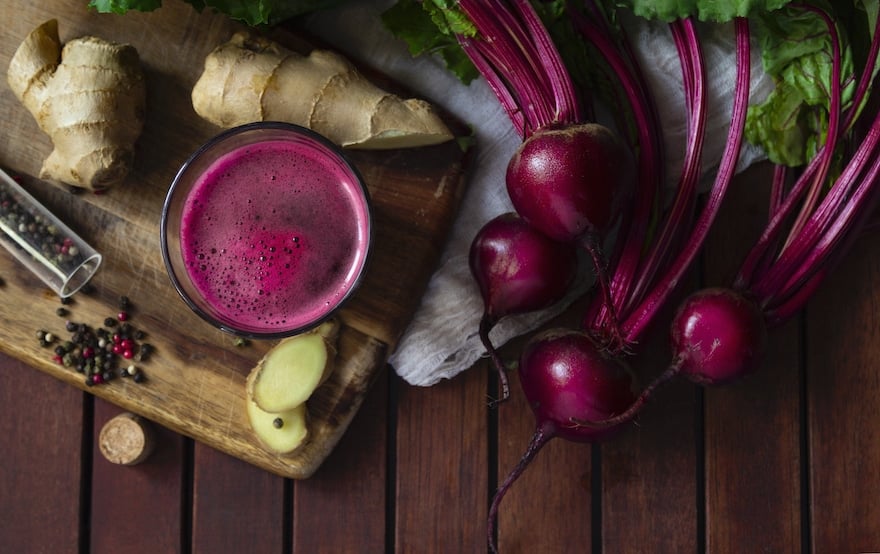
The color of your urine can reveal several health indicators.
Hydration
Most healthy individuals can use the color of their urine to gauge their hydration levels.
Dilute, pale yellow pee typically suggests adequate hydration. On the other hand, a deep amber jewel tone in the toilet may indicate dehydration. That’s why your urine is likely darker in the morning than throughout the rest of the day, when you’re more hydrated.
To signify good hydration, aim to keep your pee a pale yellow color. Since sixty percent of your body is water, drinking it regularly is crucial for your beauty and health alike. As a ballpark, try to drink half of your body weight in ounces daily.
Food Intake
Certain colorful foods can also alter the color of your urine. For example, a high intake of beets or berries can give your urine a pink or reddish tinge. This is due to the naturally-occurring pigments found in some produce, like betalains in beets. On the same note, you may notice light orange or dark yellow pee if you eat a lot of carrots or sweet potatoes due to their high concentrations of carotene. Additionally, a diet high in processed foods with artificial dyes could alter your urine’s pigment.
When to Consult A Doctor
In some instances, the color of your urine can indicate a need to call your physician ASAP. If you didn’t recently consume beets, berries, or Red Dye 40, a pink or reddish hue may indicate blood in your urine, which can be a sign of a urinary tract infection, kidney stones, or urinary cancer. Additionally, a deep purple or reddish-brown hue could be a sign of porphyria, a rare genetic disorder that can cause stomach pain or nerve issues.
The Bottom Line
All things considered, most dietary influences on your urine color are temporary. There’s often no need to worry, save for the special circumstances cited above. However, if you’re concerned about the color of your urine, speak with your physician.
